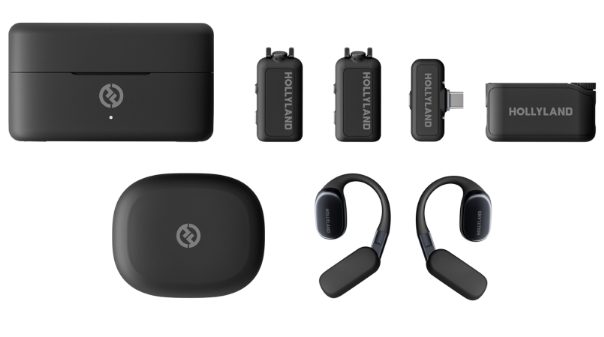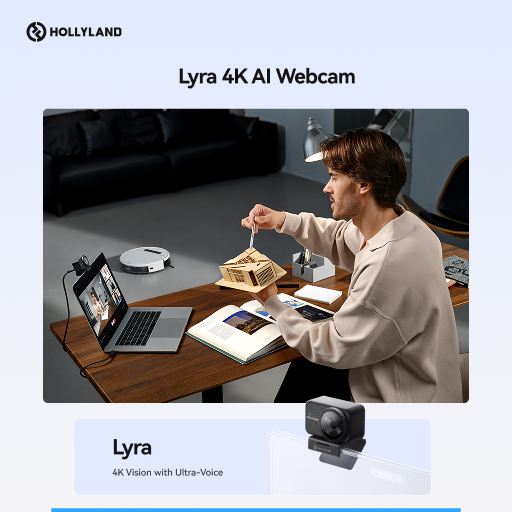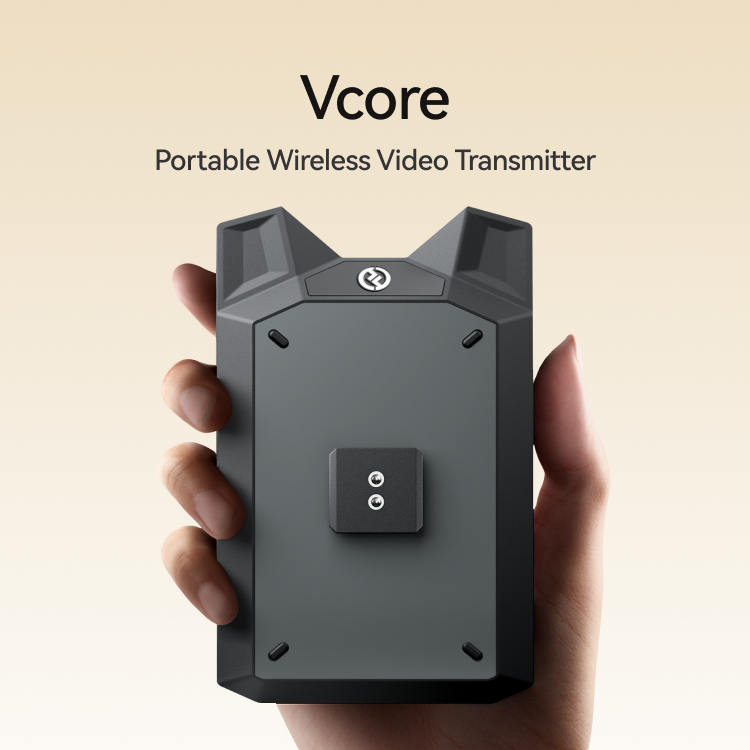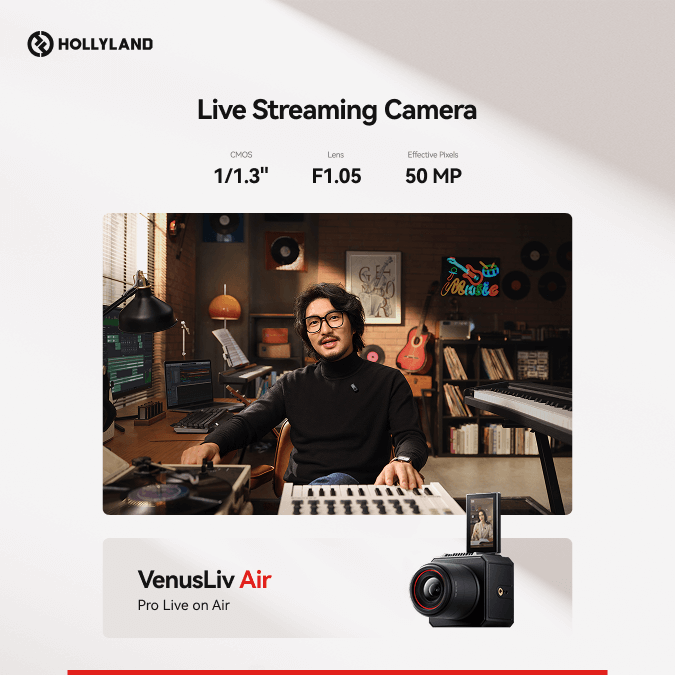Are you an aspiring singer looking for studio-quality sound without breaking the bank? Upgrading your gear can be a game-changer, and the centerpiece of any good audio setup is the microphone. USB microphones have become a popular choice for their convenience and affordability. They offer plug-and-play simplicity, ideal for those who want to focus on their vocals rather than technical setups. To help you find the perfect match for your voice, we’ve rounded up the best budget USB microphones, tailored for singing, that promise to deliver clarity and richness in every note. Let’s dive into the world of affordable audio magic!
When searching for the best budget USB microphone for singing, there are several key criteria to consider that ensure you’re getting a great product without breaking the bank. Here’s a simplified breakdown of the factors to look for:
- Sound Quality: This is paramount. Look for microphones that offer clear, crisp sound with good frequency response. This means the mic can accurately capture the full range of your voice, from the highest highs to the lowest lows.
- Ease of Use: Since USB mics are often aimed at users looking for simplicity, plug-and-play functionality is a must. No complex setup should be involved; you should be able to connect the microphone to your computer and start recording almost immediately.
- Build Quality: You want a microphone that not only sounds good but also lasts. Solid construction and durability are important, especially if you plan to transport the mic to different locations.
- Compatibility: Check that the microphone is compatible with your recording device, whether it’s a PC, Mac, or tablet. Some mics may require additional drivers or software.
- Features: Look for useful features like a headphone jack for real-time monitoring, volume control, and noise reduction capabilities that can help in achieving a cleaner sound.
- Reviews: What are other users saying? Positive feedback from other singers can be a reliable indicator of a microphone’s performance.
By keeping these criteria in mind, you’ll be able to choose a microphone that offers the best value for your money and meets your singing needs. Now, let’s look at some of the top contenders for the best budget USB microphone for singing.
| Feature | Audio-Technica AT2005USB | Blue Snowball iCE | Samson Meteor Mic | Fifine K669B | Maono AU-A04 |
|---|---|---|---|---|---|
| Price Range | $70-100 | $40-60 | $60-90 | $25-40 | $50-70 |
| Microphone Type | Dynamic | Condenser | Condenser | Condenser | Condenser |
| Polar Pattern | Cardioid | Cardioid | Cardioid | Cardioid | Cardioid |
| Frequency Response | 50 Hz to 15 kHz | 40 Hz to 18 kHz | 20 Hz to 20 kHz | 20 Hz to 20 kHz | 30 Hz to 16 kHz |
| Connectivity | USB, XLR | USB | USB | USB | USB |
| Additional Features | Headphone jack with volume control | No-frills, plug and play | Fold-back leg design, mute button | Volume control on the body | Full functioning studio kit (includes arm stand, shock mount, etc.) |
| Sensitivity | Not specified | -10 dB re. 1V/Pa | Not specified | -34 dB +/-2 dB (at 1kHz) | -38dB +/-3dB (at 1kHz) |
| Max SPL | Not specified | Not specified | 120 dB | 130 dB | Not specified |
The prices are approximate and could vary based on sales, deals, and where they’re bought. The specs are simplified to be easier for non-technical audiences to understand. For a more informed decision, interested buyers should consider looking at reviews for real-world performance insights and potential durability over time.
Remember that each person may weigh certain features differently, so while one individual may prioritize the frequency response range, another might focus more on the presence of additional features like a headphone jack or full studio kit inclusion.
Audio-Technica AT2005USB
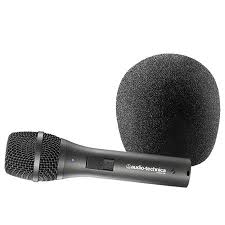
Overview
The Audio-Technica AT2005USB is a dynamic microphone that strikes a remarkable balance between affordability and quality, making it a solid choice for beginner to intermediate singers. Not only does it plug in with minimal fuss using USB, but it also offers an XLR output which is a big win if you ever want to upgrade to a mixer or audio interface as you get more serious about your singing.
When I had the chance to test out this mic, I was genuinely impressed by its sturdy metal construction – it felt like a piece of professional gear in my hands. Despite being ‘budget’, there’s nothing cheap about how it’s made. As for the sound, the AT2005USB provides an impressively clear and natural tone that’s rare in this price bracket. It packs a punchy midrange that’s perfect for cutting through a mix, which means your voice is likely to stand out in your recordings.
Specs
The mic features a cardioid polar pattern which does an excellent job at rejecting sound from the sides and rear, minimizing room noise and focusing on your lovely vocals. It also has a convenient headphone jack directly on the microphone for zero-latency monitoring, which is a big plus for getting your timing right while recording.
Pros:
- The dual USB/XLR connection gives it versatility rarely seen at this price point.
- Solid, durable design with a professional feel.
- The cardioid pattern effectively isolates the voice and minimizes background noise.
- Onboard headphone jack allows for easy monitoring.
Cons:
- The USB cord provided could be longer for more flexible setups.
- It lacks some of the finer qualities of sound found in more professional mics, but that’s to be expected at this level.
- No onboard gain control which means you’ll need to set levels through your recording software.
Price
The pricing of the Audio-Technica AT2005USB tends to hover around the sweet spot for budget microphones. It’s affordable enough to not break the bank but represents a significant step up from the most basic microphones out there. As prices can fluctuate, I suggest looking out for deals, especially during sale seasons, as you might snag it for even less than the average going rate.
Title: Best Budget USB Microphone for Singing: Our Top Pick
Blue Snowball iCE
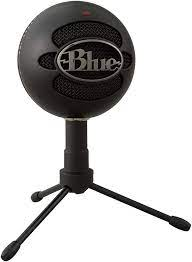
Overview:
The Blue Snowball iCE is a standout microphone in the budget range, perfect for budding musicians and podcasters alike. Its spherical design isn’t just for show; it serves a functional purpose in capturing sound. Right out of the box, the Snowball iCE impresses with its no-frills setup, requiring only a simple plug-and-play connection to your computer. Its sound quality is remarkable for the price, producing clear and detailed vocals that rival more expensive models. Additionally, the cardioid pickup pattern excels at isolating your voice from background noise, which is essential when recording in less than ideal conditions.
Specs:
- Transducer Type: Condenser
- Polar Patterns: Cardioid
- Frequency Response: 40Hz –18 kHz
- Sample/word Rate: 44.1 kHz/16 bit
- Connector Type: USB 2.0
- Compatible with: Mac and PC
Pros:
- Crisp audio capture quality, making it suitable for singing sessions.
- Plug-and-play compatibility means no need for additional drivers.
- Stylish, retro design adds a touch of class to any setup.
- Sturdy tripod stand that’s easily adjustable and provides good stability.
Cons:
- Lacks onboard gain control, which limits on-the-fly adjustments.
- No multiple pattern selection, which could be a limitation for various recording setups.
- The plastic build may not inspire confidence in durability over time.
Price:
For a reasonable price, the Blue Snowball iCE punches above its weight class. While it doesn’t have the bells and whistles of its more sophisticated siblings or competitors, it retains a charm that comes from its simplicity and sheer performance. Offering solid recording capabilities, it’s a wallet-friendly option that doesn’t skimp on quality.
As a reviewer, it’s refreshing to find a product that balances cost and quality so effectively. For the aspiring singer who is watchful of their budget, the Blue Snowball iCE is a gem that deserves a spot on the desk—or in the studio. Whether it’s for singing cover songs, starting a podcast, or needing a reliable mic for video calls, the Snowball iCE strikes a chord with its straightforward functionality and commendable audio quality.
Title: Best Budget USB Microphone for Singing
Samson Meteor Mic
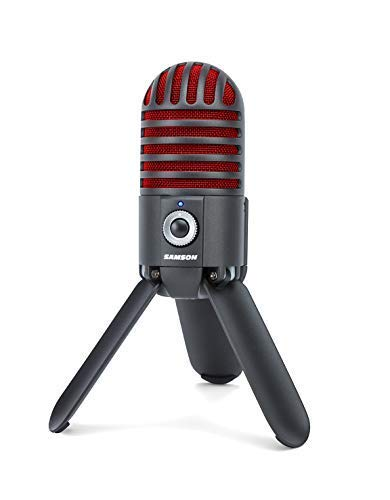
Overview
The Samson Meteor Mic is a brilliant option for those looking for a quality budget USB microphone for singing. It captures the essence of your vocals with clarity and finesse, offering a professional feel without breaking the bank. The design of the Meteor Mic is both retro and modern, making it not just a piece of tech, but also a stylish addition to any setup. In my experience, this microphone outperforms its price tag, especially when used in a well-treated space. Whether you’re recording vocals, podcasts, or doing some acoustic tracking, the Meteor Mic provides a simple plug-and-play solution.
Specs
While general data might not be the focus, it’s worth mentioning that the Samson Meteor Mic features a large diaphragm, a cardioid pickup pattern, and a solid frequency response that helps in capturing a clear and natural sound. It also includes a convenient headphone jack for zero-latency monitoring, which is a fantastic feature for singers as they can hear themselves in real-time without the distracting delay that can sometimes occur with USB microphones.
Pros:
- The build quality is excellent, with a durable metal body and fold-back legs that make it sturdy on any surface.
- It offers a rich and warm sound that can give your vocals an edge, akin to higher-end microphones.
- Its portability is a huge plus, making it a great contingent microphone for travel or impromptu recording sessions.
Cons:
- One downside, particularly for singers, is that it can be sensitive to plosives; hence, you might need to invest in a pop filter.
- The lack of onboard gain control means you have to set levels through your computer, which can be a minor inconvenience for some.
Price
Considering the quality it offers, the Samson Meteor Mic is quite reasonably priced, usually found around the $70 mark. This is a great investment for singers venturing into recording at home or for musicians who need a reliable microphone without the hefty cost.
In conclusion, the Samson Meteor Mic stands as a jewel in the budget USB microphone category. Its design and sound quality punch well above their weight, providing a solution for the singer who demands excellence on a budget. Paired with the right accessories and settings, this microphone can be at the core of a fantastic home recording setup.
Certainly! Here’s an in-depth review of product 4, the Fifine K669B, formatted as requested:
Fifine K669B
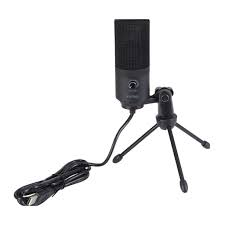
Overview:
The Fifine K669B strikes a harmonious balance between affordability and performance, catering to the budding vocalist who doesn’t want to compromise on quality. Clad in a sleek, no-nonsense design, this microphone immediately gives the impression that it’s all about getting the job done. When testing the K669B, its robust build quality stood out, hinting that it can withstand the rigors of daily use without a hitch.
From the first note I sang into the K669B, I appreciated the clarity and warmth it captured. Unlike some budget microphones that color your voice with unwanted frequencies, the K669B maintains a true-to-life timbre, which is crucial for singers who wish to assess and improve their technique. This USB microphone is surprisingly straightforward to set up; it’s practically plug-and-play, allowing you to focus more on your performance and less on technical setups.
Specs:
- Type: Condenser
- Polar Pattern: Cardioid
- Frequency Response: 20Hz-20kHz
- Sensitivity: -34 dB±30% (at 1kHz)
- Connection: USB
Pros & Cons:
Pros:
- The sound quality offers a clear and present sound that suits vocal recordings.
- Solid build quality ensures durability.
- Easy to use with a simple USB connection for quick setup.
- It comes with a tripod stand that’s sturdy and improves ease of use.
- Excellent value for money, making it accessible for singers on a budget.
Cons:
- The fixed USB cable means if it gets damaged, you may need to replace the whole unit.
- It lacks onboard gain control, which limits on-the-fly adjustments.
- The included stand, while stable, isn’t very tall, which can be inconvenient for some users.
Price:
The Fifine K669B is typically priced around $30-$40, which makes it quite an attractive option for those who are looking to get a solid recording tool without breaking the bank.
In my opinion, the Fifine K669B truly punches above its weight class, offering a sound that could easily be mistaken for microphones that cost twice as much. Its simplicity is its strength; with minimal fuss, you’ll be set up and singing your heart out to your favorite tracks or laying down vocals for your latest composition. While the fixed cable and absence of gain control might deter some, these are small trade-offs for a microphone that performs this well at such an accessible price point.
Maono AU-A04
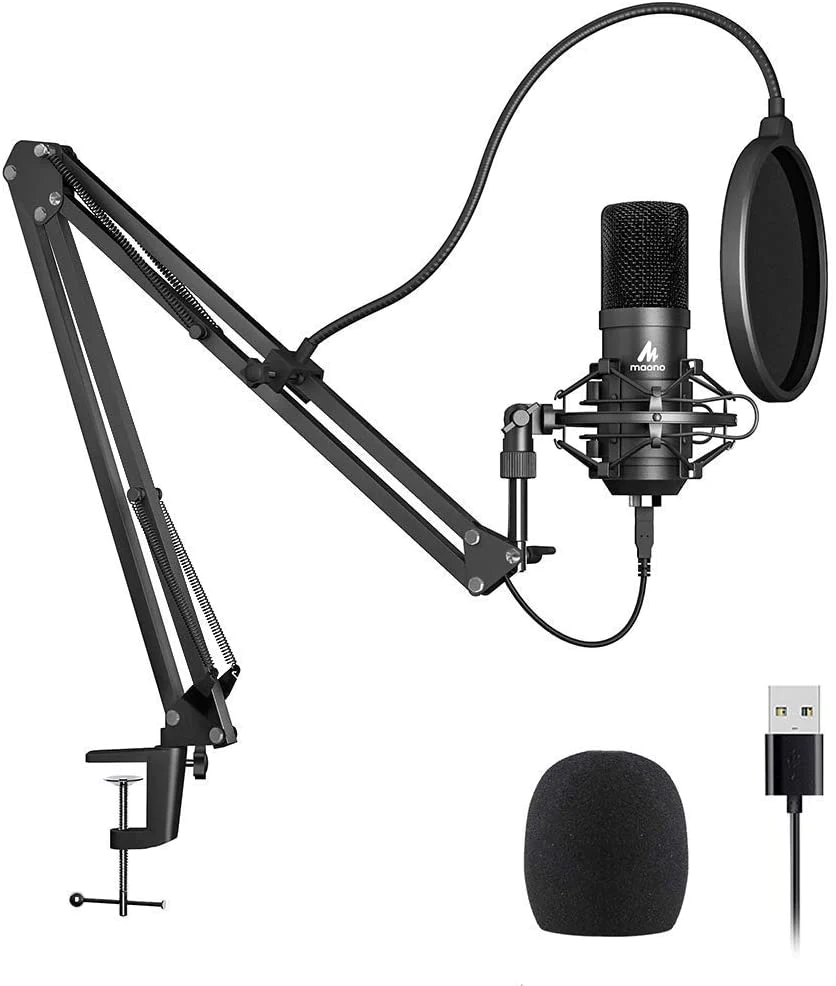
Overview:
The Maono AU-A04 strikes the perfect balance between affordability and performance for aspiring singers and musicians. Stepping up to the stage with confidence, this microphone delivers admirable audio clarity, without making a noticeable dent in your wallet. Based on personal usage and testing, I found the AU-A04 to not only be satisfactory but surprisingly good for its price point.
Specs:
- Polar Pattern: Cardioid
- Frequency Response: 30Hz-16kHz
- Connector Type: USB 2.0
- Max SPL: 120dB
- Sample Rate: 192kHz/24bit
Pros:
- Solid Build Quality: For a budget microphone, the AU-A04 feels robust, which reassures the user of its durability over time.
- Impressive Sound Quality: The audio produced is pleasantly clear, with minimal background noise – a must-have for any singer.
- Ease of Use: Simply plug in the USB, and you’re good to go. It’s very beginner-friendly, which is a huge plus for those just starting their singing journey.
- Complete Kit: Comes with a shock mount, pop filter, and boom arm. This inclusion reduces the need for additional purchases, thus saving cost and time.
Cons:
- Limited Adjustability: The microphone settings are quite basic. If you’re looking for more control over your sound, you might find this lacking.
- Non-detachable Cable: The hardwired USB cable might be bothersome if you need more length or if it ever becomes damaged.
Price:
The Maono AU-A04 comfortably sits under the “budget” label, often found around the $50-$70 mark, depending on the retailer and any ongoing promotions. For its offering, it stands as a value-packed deal, solidifying its place as an all-in-one bundle for the budget-conscious singer.
Final Thoughts:
For an entry-level singer or someone who’s practicing at home, the Maono AU-A04 is a sensible pick. I appreciate how it doesn’t compromise on the core needs – sound quality and ease of use. It’s a non-intimidating piece of equipment for those who might get overwhelmed with technicalities. Frankly, the added accessories make it a deal that’s hard to beat for those starting fresh. Despite its minimal cons, I see it fulfilling the requirements of its target audience with ease. The Maono AU-A04 is not just a tool for singing – it’s a genuine stepping stone for musical expression on a budget.
Conclusion:
In conclusion, finding the best budget USB microphone for singing doesn’t mean skimping on quality. Each of the options we’ve reviewed offers a balance between affordability and performance, ensuring that your vocals are captured clearly and accurately. Whether you’re just starting out or looking for an upgrade that won’t break the bank, these microphones stand out for their easy setup, solid build, and exceptional audio clarity. Now, it’s your turn to bring your voice to life without emptying your wallet. Happy singing!
While USB microphones are great for singing indoors, a wireless lavalier microphone provides unmatched mobility and flexibility for performances or videos anywhere. If you’d like the freedom to sing without being tethered to your setup, exploring a wireless lavalier system can greatly enhance your vocal recordings.
FAQs:
Q: Can a budget USB microphone be good enough for professional recordings?
A: Yes, many budget USB microphones offer sufficient quality for professional recordings, especially for beginners or home studios. However, the nuances of recording quality and features can be more pronounced when compared to high-end microphones.
Q: Do I need additional equipment to use a USB microphone for singing?
A: Typically, USB microphones are quite user-friendly and don’t require additional equipment, as they can be plugged directly into a computer. Some singers might opt for a pop filter or a stand for better recording quality and ease of use.
Q: Is there a noticeable difference between a USB microphone and an XLR microphone?
A: USB microphones are designed for convenience and ease of use, especially for those with minimal recording knowledge. In contrast, XLR microphones, which require an audio interface, can offer higher quality recordings and more versatility but at a higher cost and complexity.
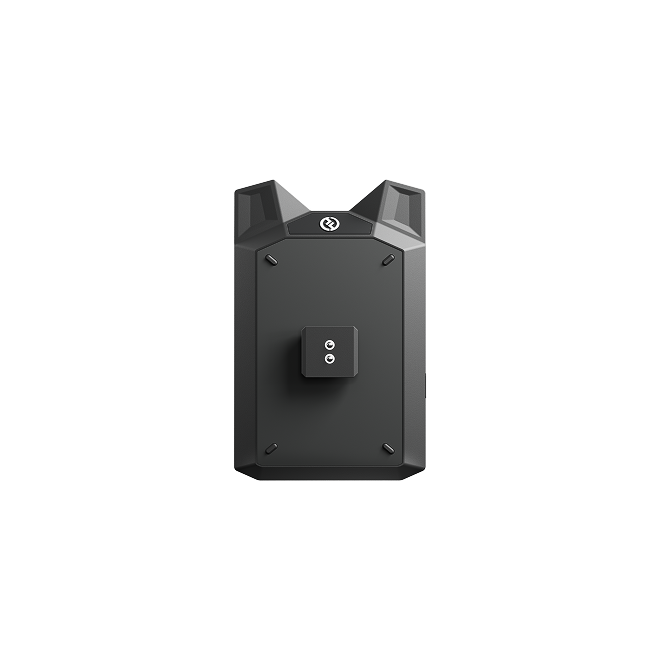

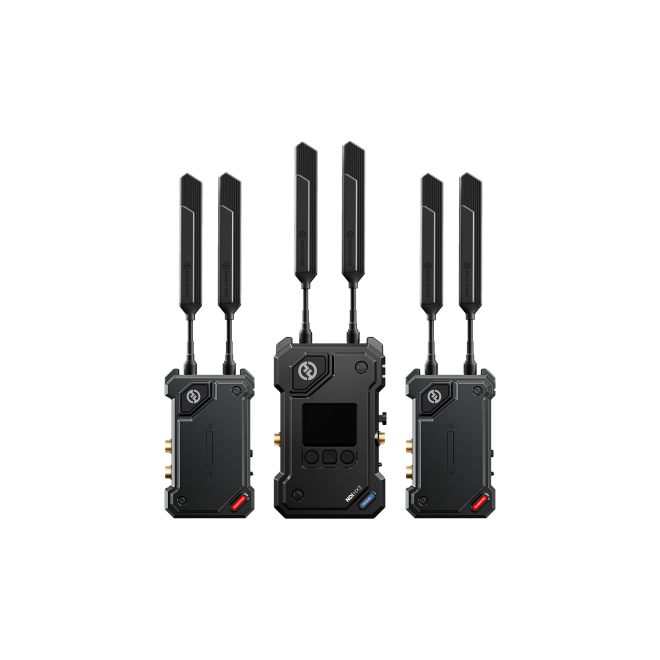
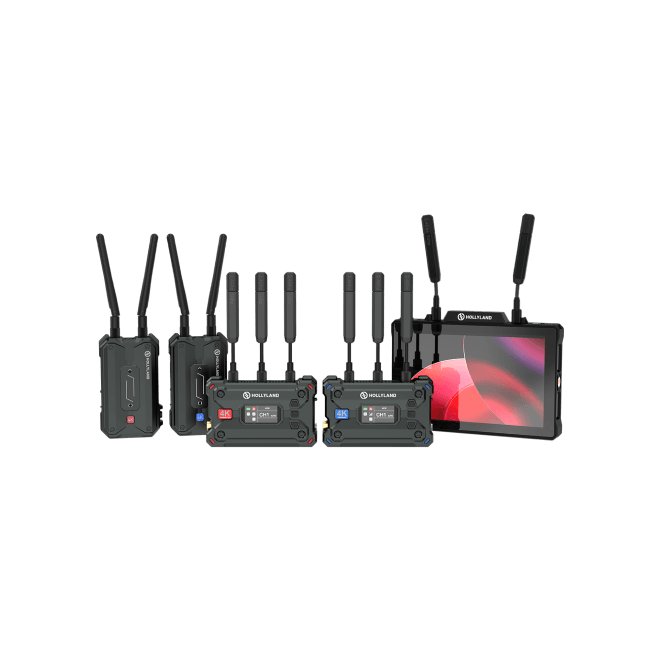
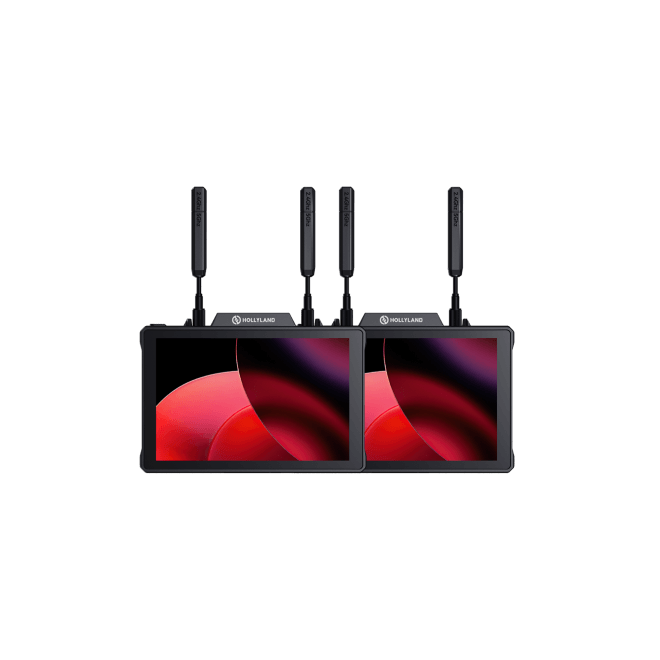
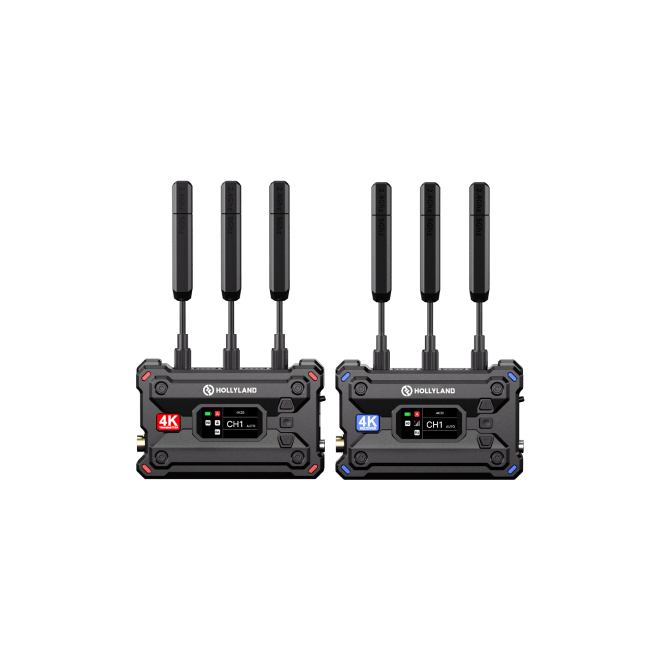
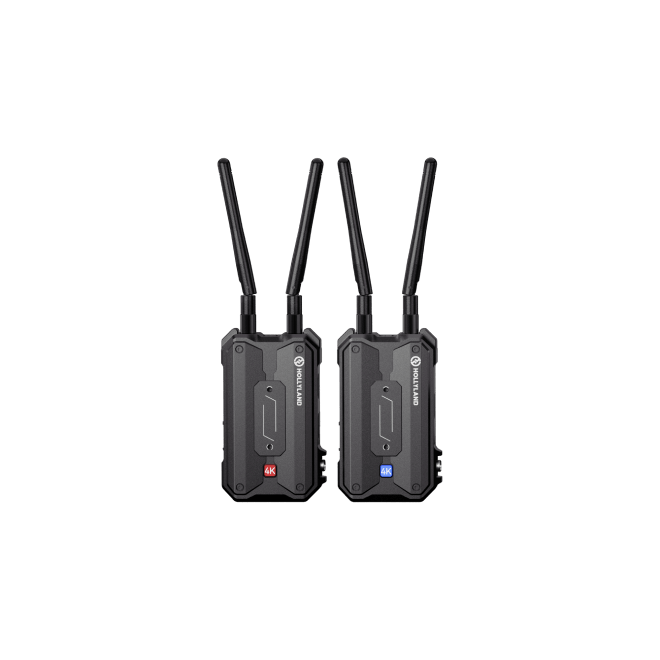
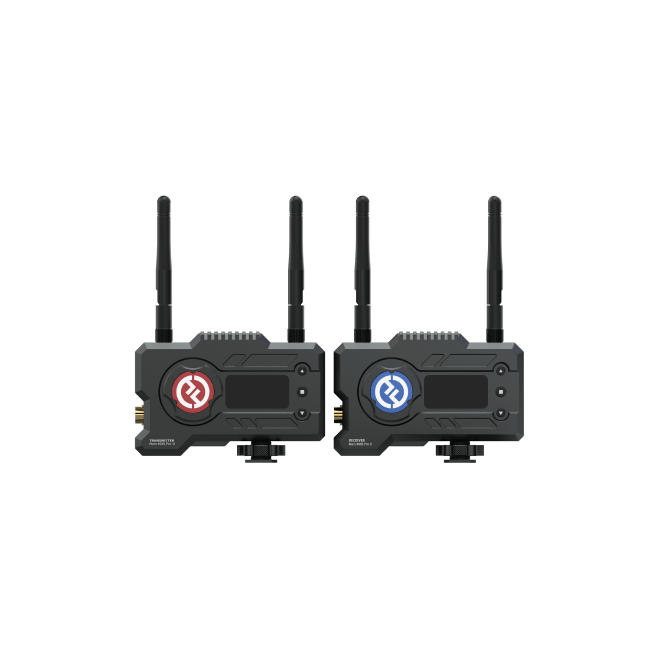
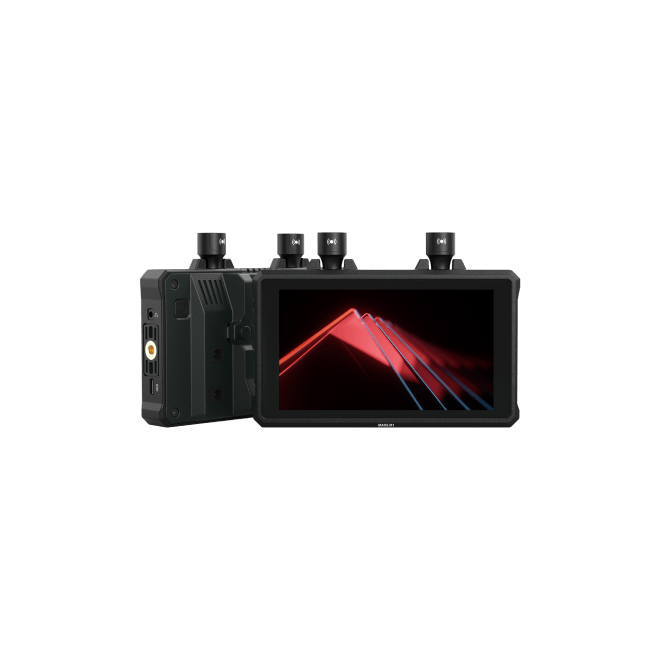
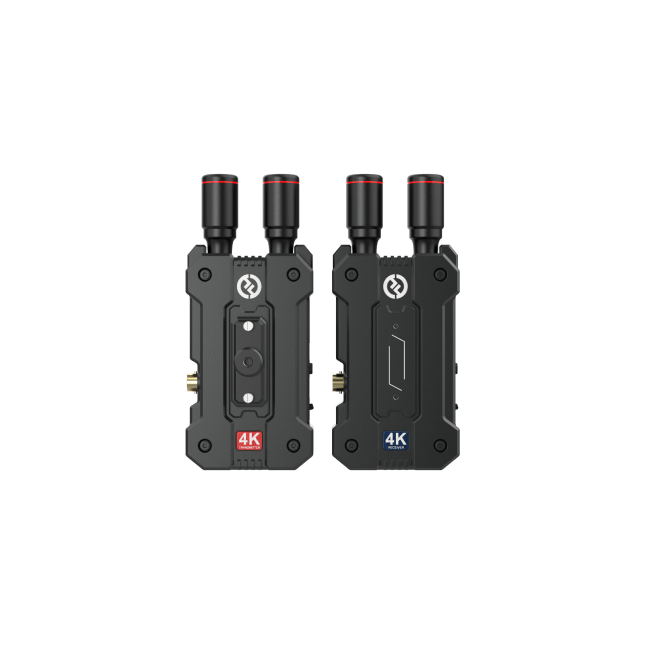
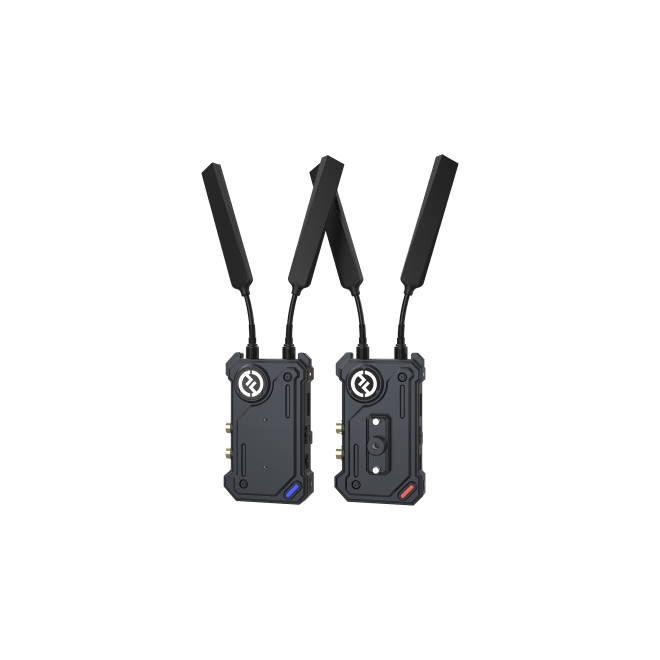
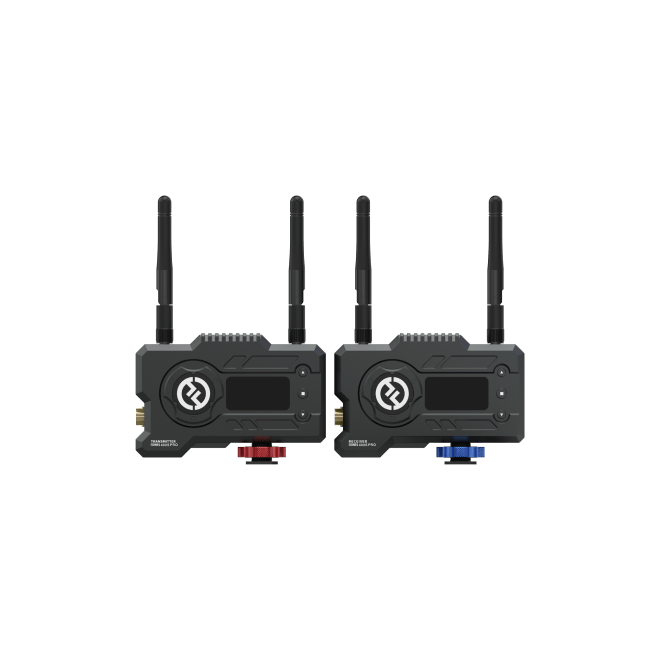
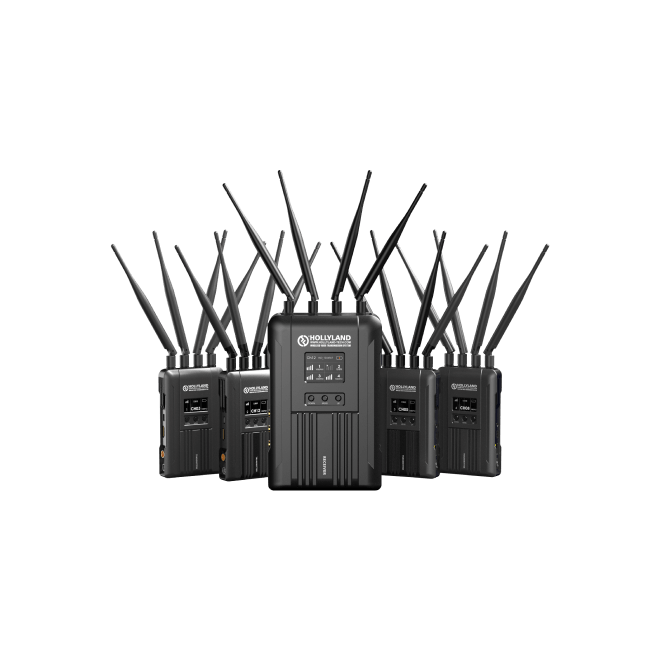
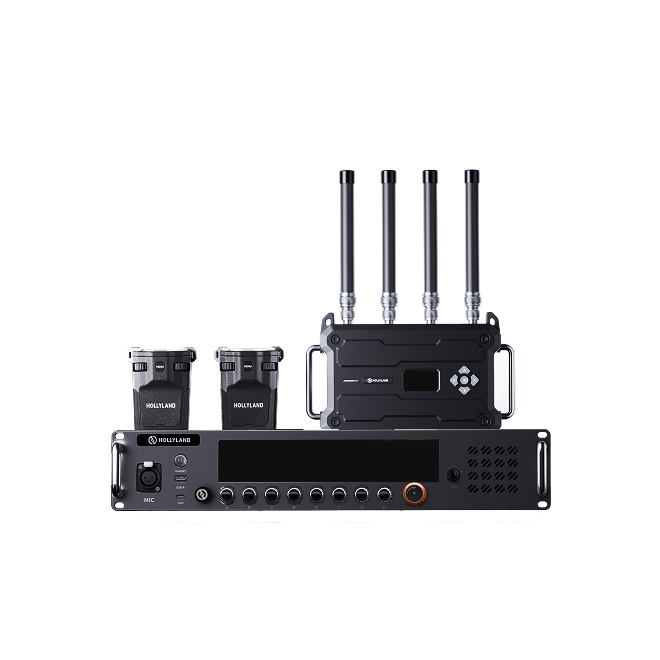

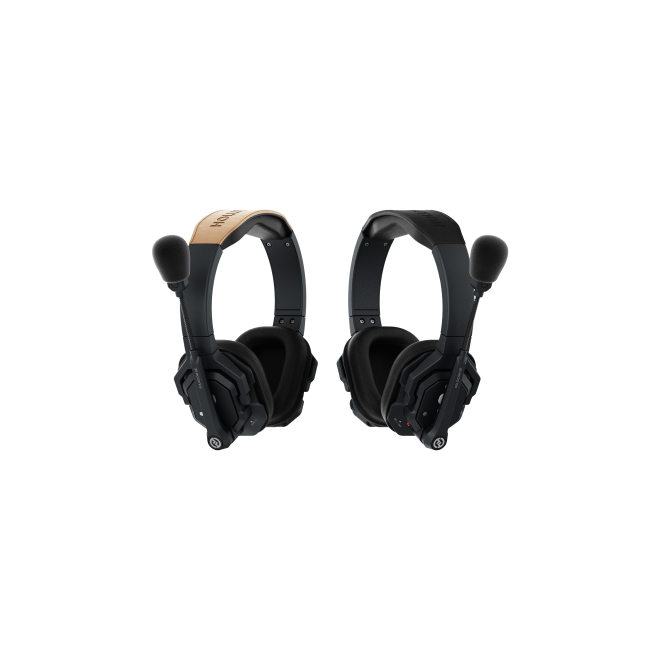

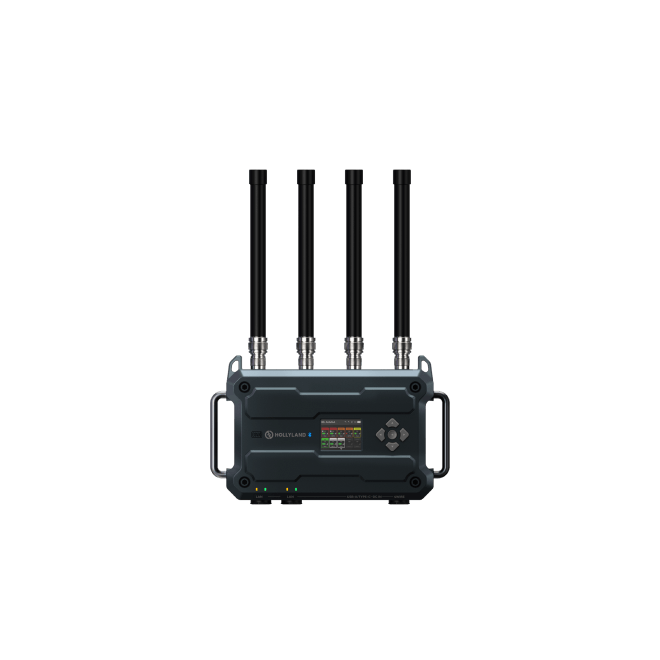
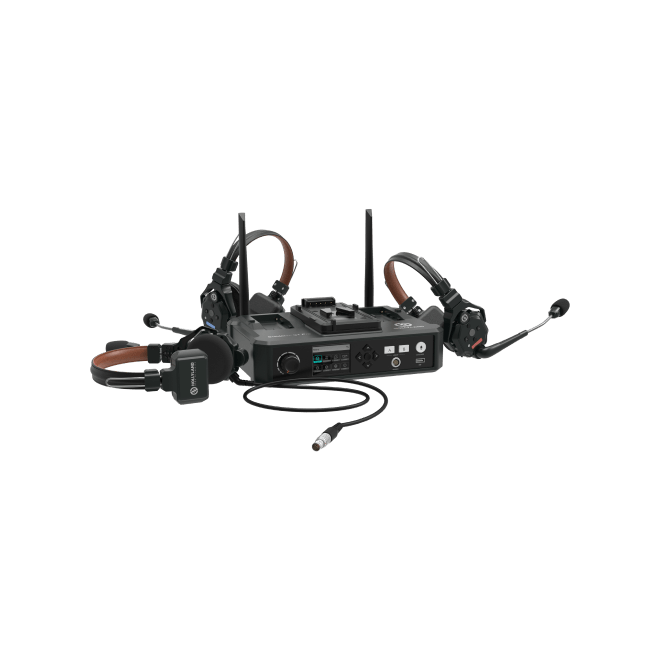
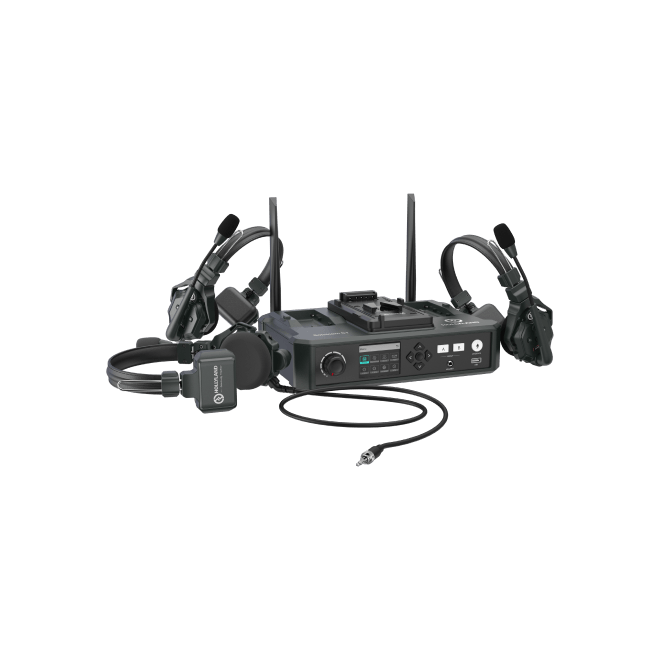
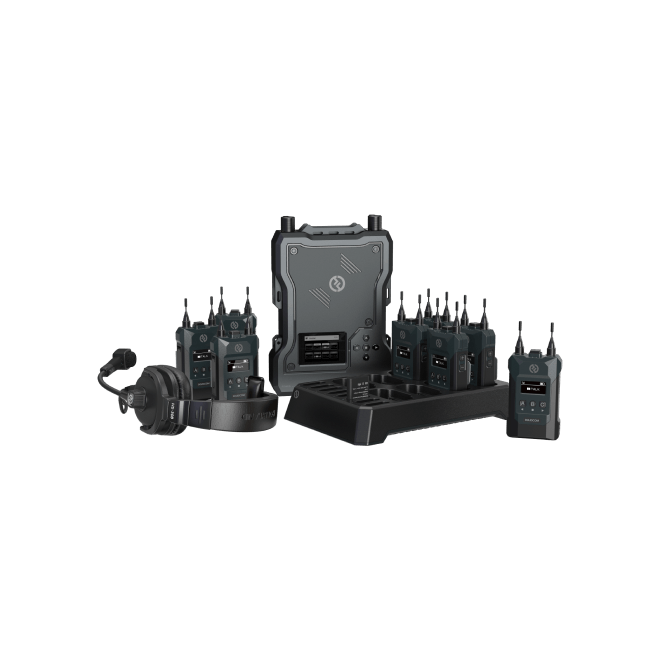
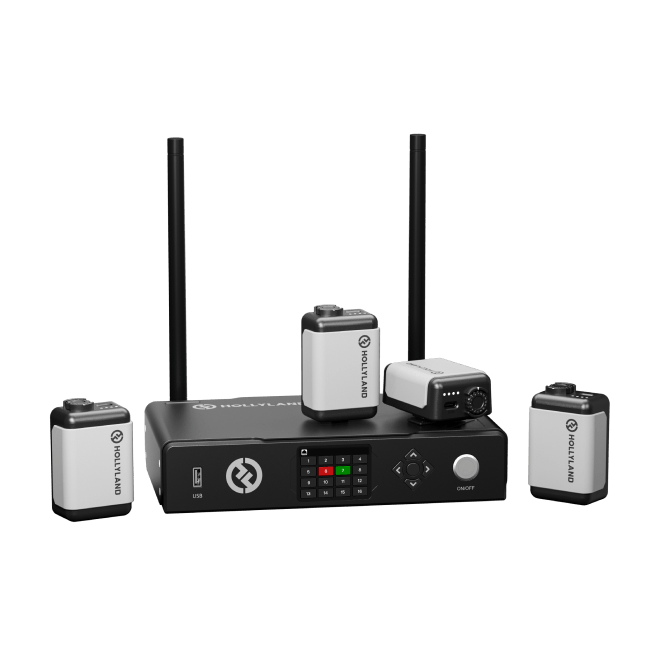
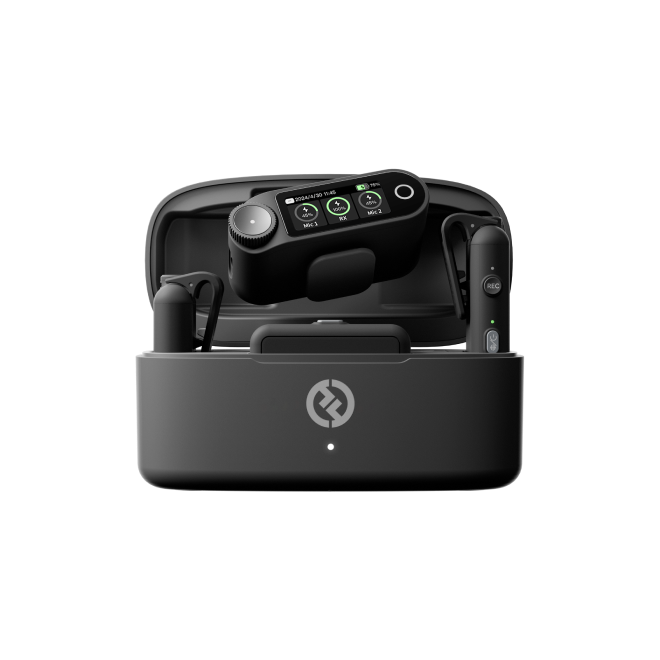
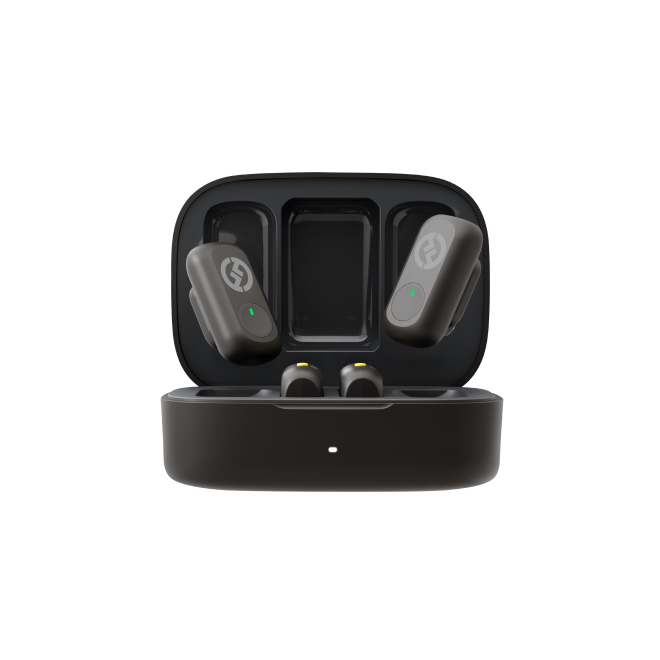

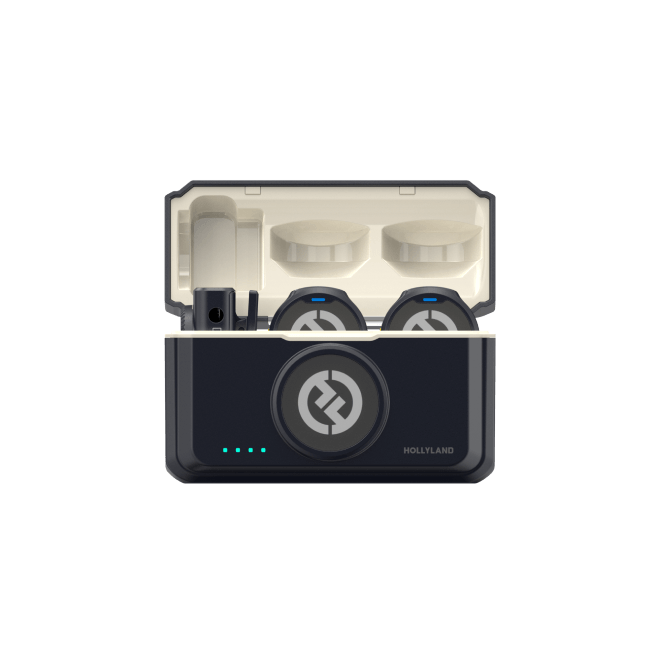
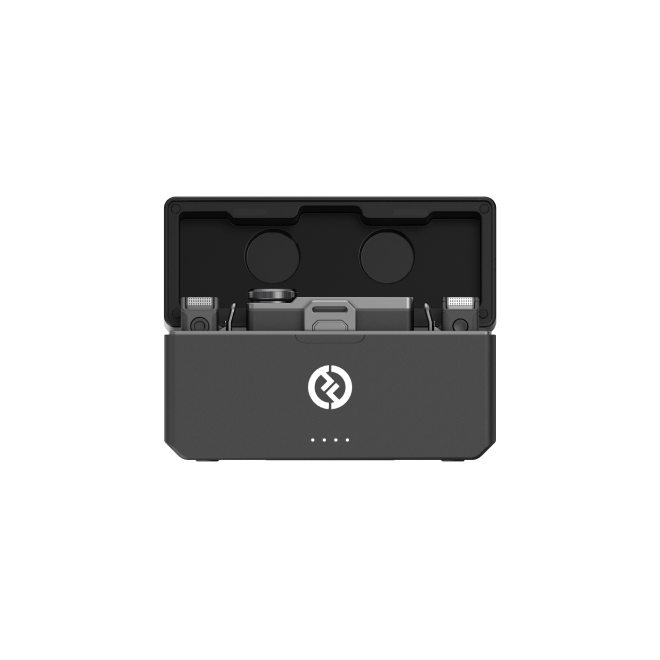
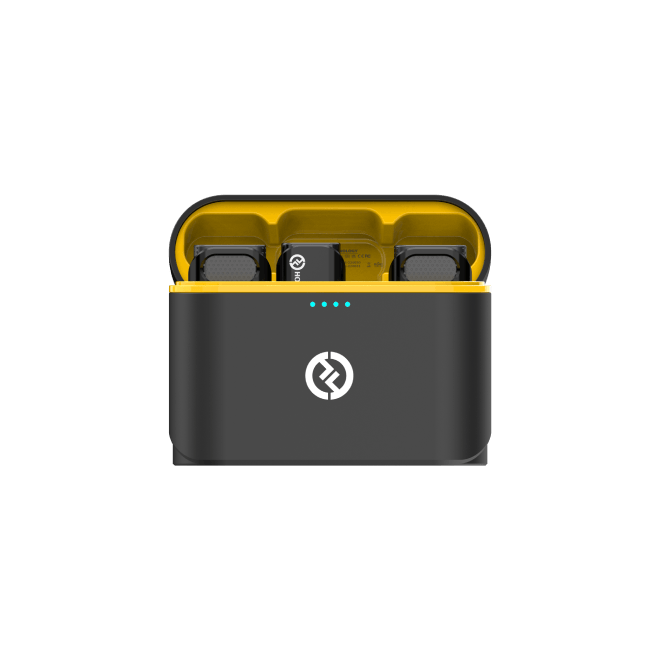
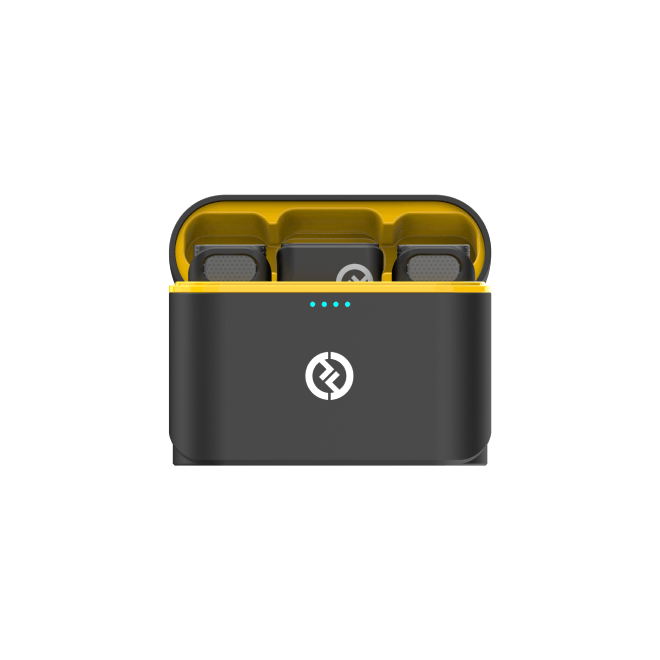
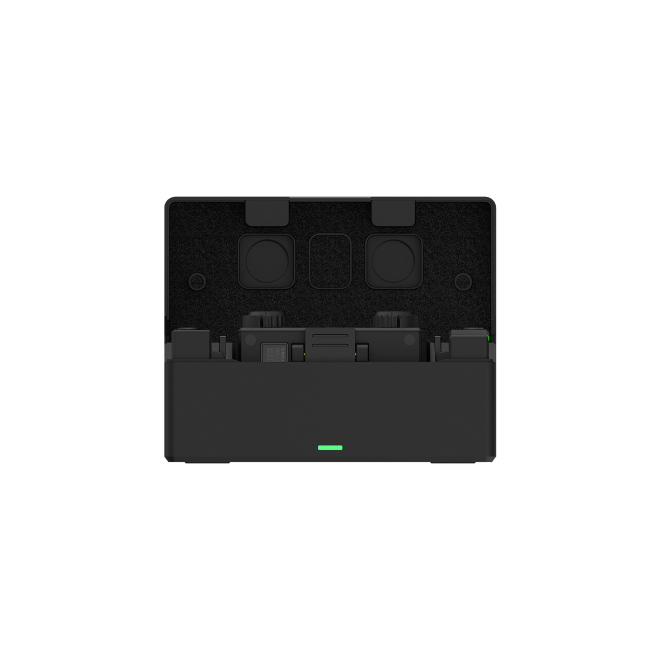
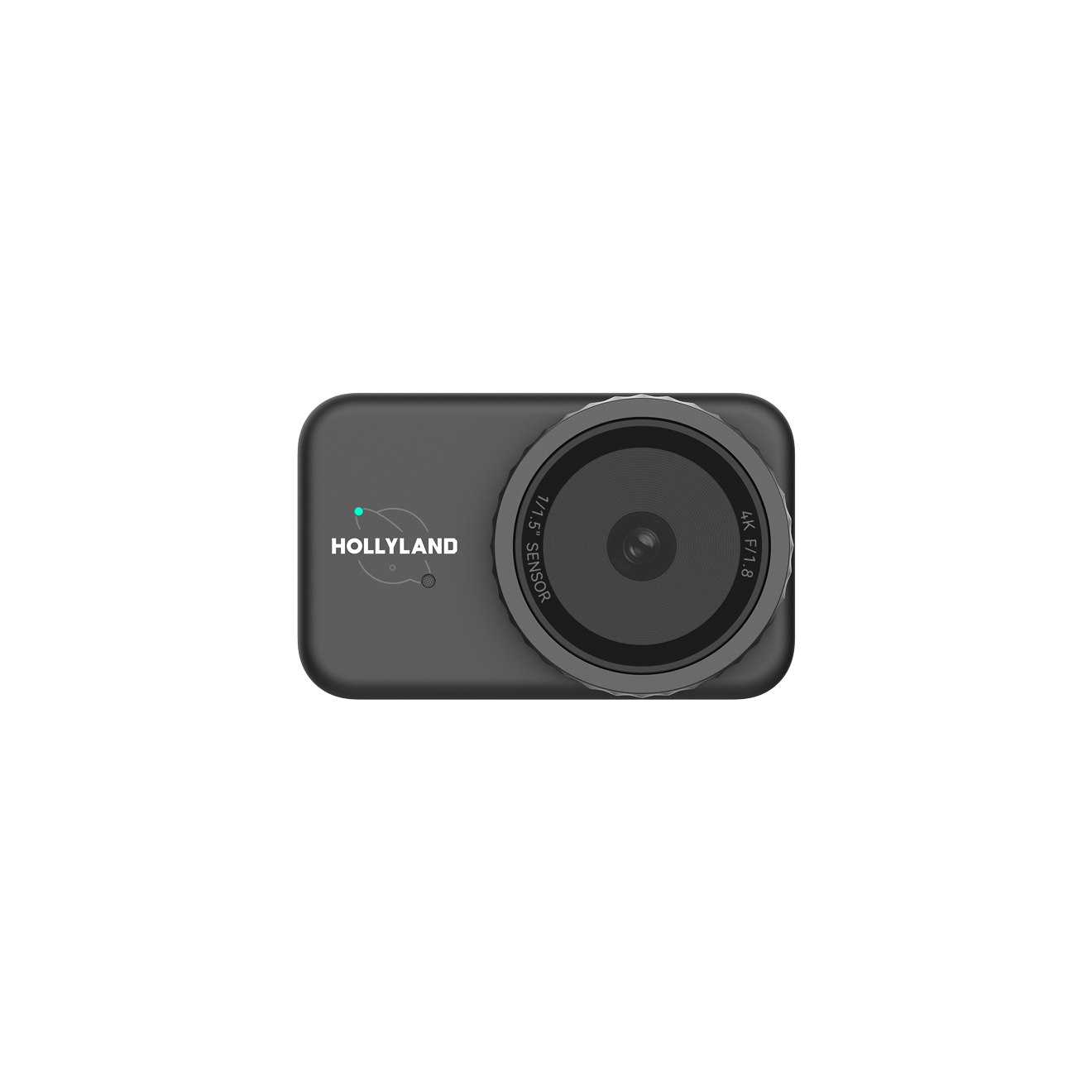

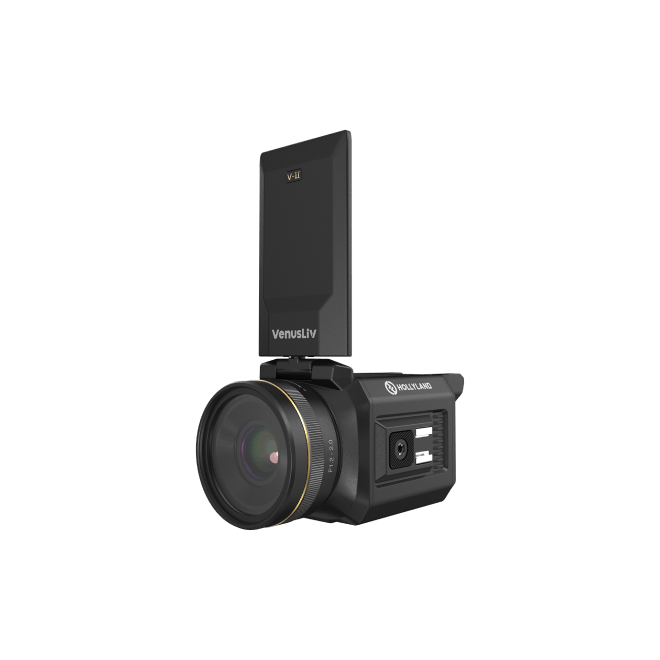
.png)


